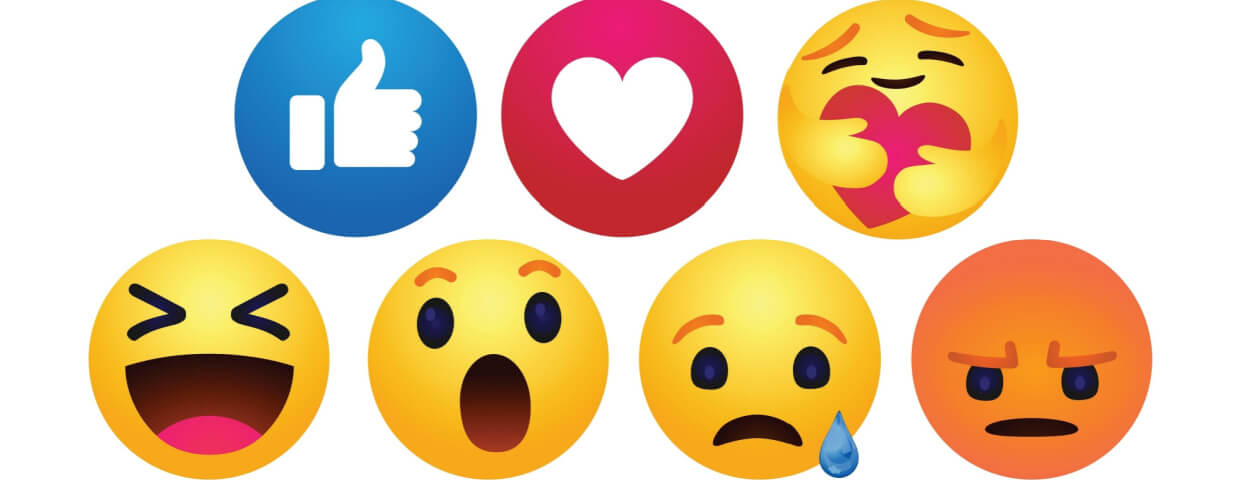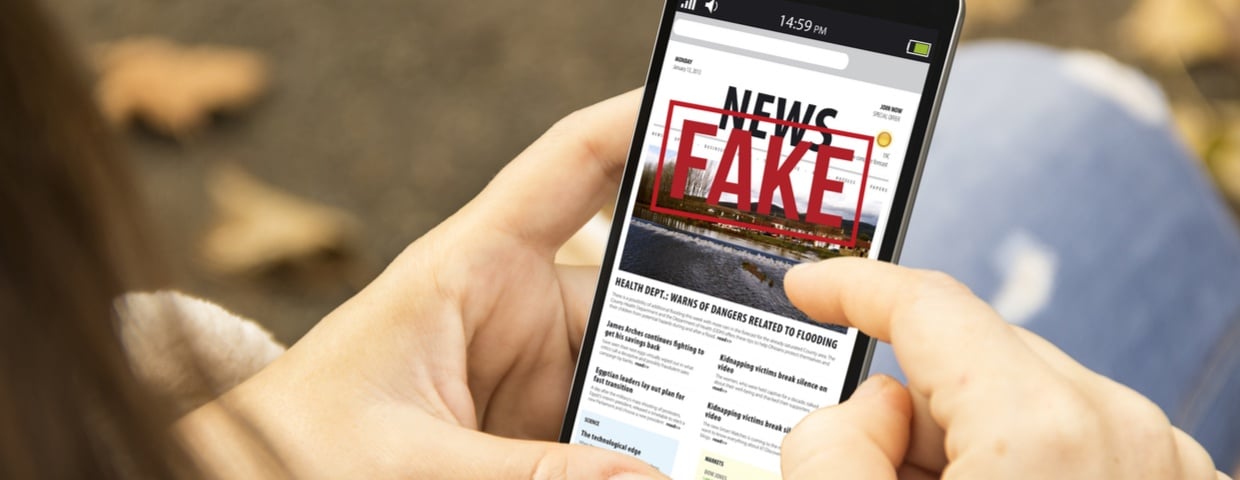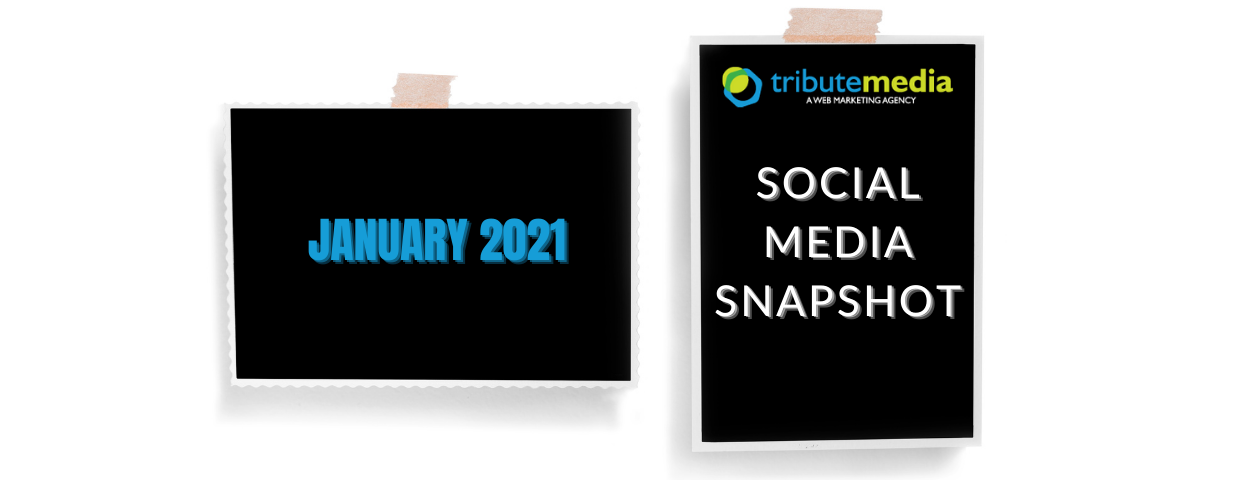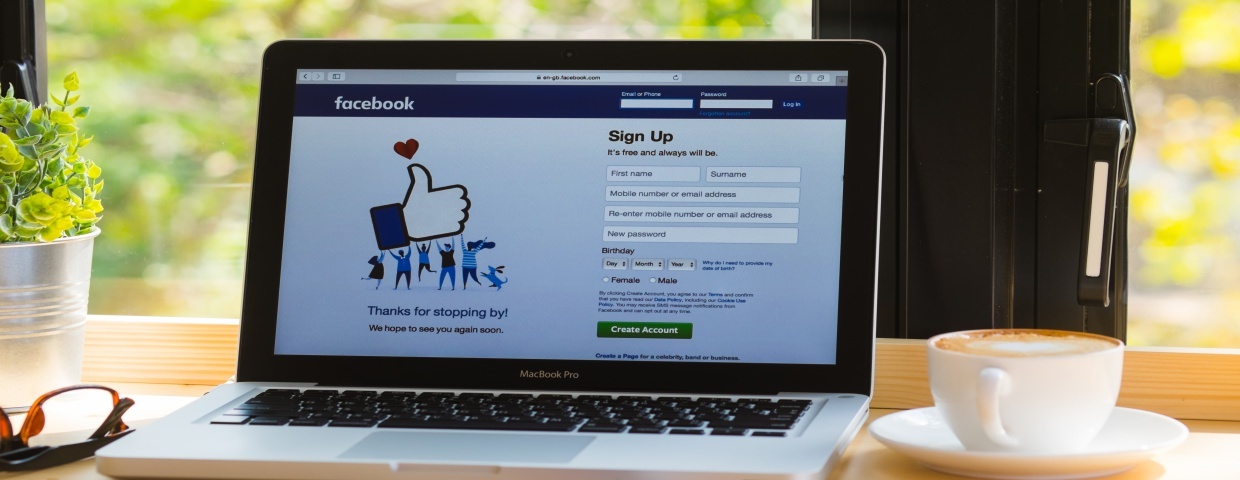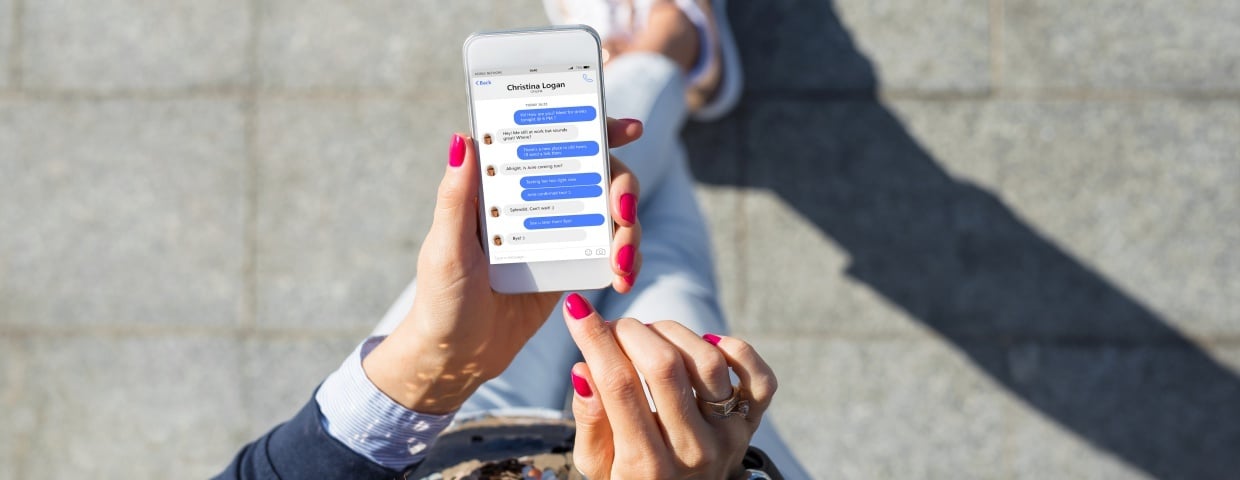Let's be honest, there are so many social media platforms out there that it can be incredibly difficult for businesses to know where to spend their time and money. Heck, it's even hard to know which platforms to choose as a consumer.
In our Top 10 list below, we highlight the demographics and optimal uses for each social media platform, helping you choose the best sites for your business goals and target audience.

